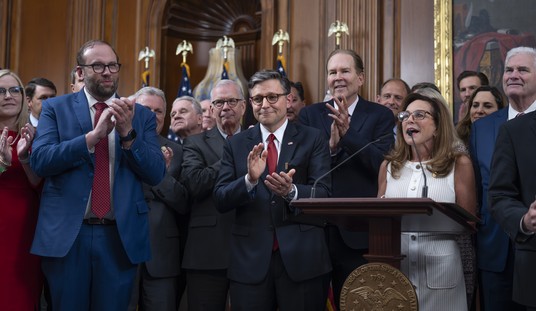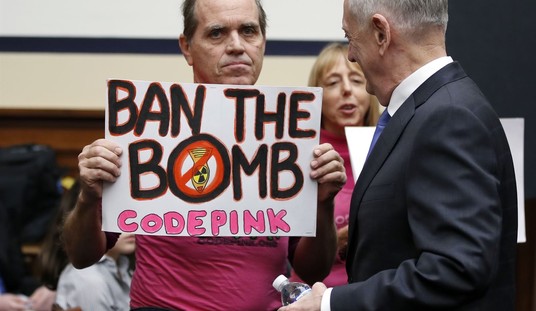This one might be a tough pill to swallow for some. But it looks like questioning the result of the 2020 presidential election was an issue that negatively affected Republicans in the midterm elections. It appears voters decided that they did not want folks in office who were still talking about the unfairness of the outcome that led to Joe Biden becoming president.
On Monday, it was announced that Kari Lake had lost her election for Arizona governor. The activist media gleefully reported that Katie Hobbs had defeated the “election denier” after nearly a week of counting votes.
Lake was the latest in a series of candidates who questioned the 2020 outcome losing their races. There were likely several factors that figured into these results, but at this point, it is difficult to deny that casting doubt on the presidential election was a significant element in this equation.
Of the estimated 200 candidates who denied the result of the presidential election, about 22 of them won their races, according to a CNN report. To be fair, CNN and other activist media outlets have a rather loose definition of the term “election denier.” To them, this would apply to anyone who intimates that there was funny business in the 2020 race, not necessarily people who outright deny the validity of the outcome.
There were about 22 Republican nominees for governor who didn’t accept the election results. So far, 13 have lost, and eight are projected to win. Four nominees who ran for state elections chief are projected to win, while eight have lost.
The same holds true for Senate races. From the report:
CNN counted 19 Republican nominees for the US Senate who rejected, questioned, tried to overturn or refused to affirm the 2020 results. (Senators have less power over elections than secretaries of state or governors do, but they do get a vote on certifying the Electoral College results in presidential elections and on federal elections legislation.) CNN has projected 10 of those candidates as winners and eight as losers. One, Herschel Walker of Georgia, is now in a runoff election.
Republicans have also pointed to the election denial issue as a serious problem for the party in the midterms. GOP consultant Brendan Steinhauser told Fox News Digital: “I think there is a growing sentiment out there among Republicans that the candidates who were seen as election deniers did not do well tonight.”
A House Republican said: “If it wasn’t clear before, it should be now. We have a Trump problem.”
“Turns out candidate quality matters,” he added.
However, it is worth noting that not everyone who Trump endorsed lost. Indeed, he gave the nod also to candidates who didn’t discuss the outcome of the 2020 election.
“It was a big night for President Trump’s endorsed candidates. Out of the races that have been called, President Trump has racked up over 215 wins for his endorsements,” a Trump spokesperson told Fox. “[Senate Minority Leader Mitch] McConnell, on the other hand, whose job is to support Senate candidates, abandoned winnable races in New Hampshire and Arizona, and still the Arizona race is too close to call.”
Regardless of what one thinks of the fairness – or lack thereof – of the 2020 presidential election, it seems clear that voters were not comfortable electing folks who made it a part of their campaign. Democrats and their comrades in the activist media were able to leverage this to their benefit – and it worked.
Now that Lake has lost her election, she is likely to contest the results. There appear to be valid reasons for doing so – Arizona’s election system is clearly fraught with deep flaws that should have been addressed long ago.
Nevertheless, it is doubtful that the 2020 election will be a boon to the right going forward. Many voters – including conservatives – are looking forward to future elections. If Republicans want to address the election security issue, it would be more beneficial to focus on what needs to be done as we approach the 2024 election season. Right now, there is a conversation about ballot harvesting and mail-in voting and how conservatives should approach the matter. This debate will need to be settled if Republicans wish to have a hope of winning control of the White House. Now is the time to learn from our mistakes so that we do not repeat them in the next election.













